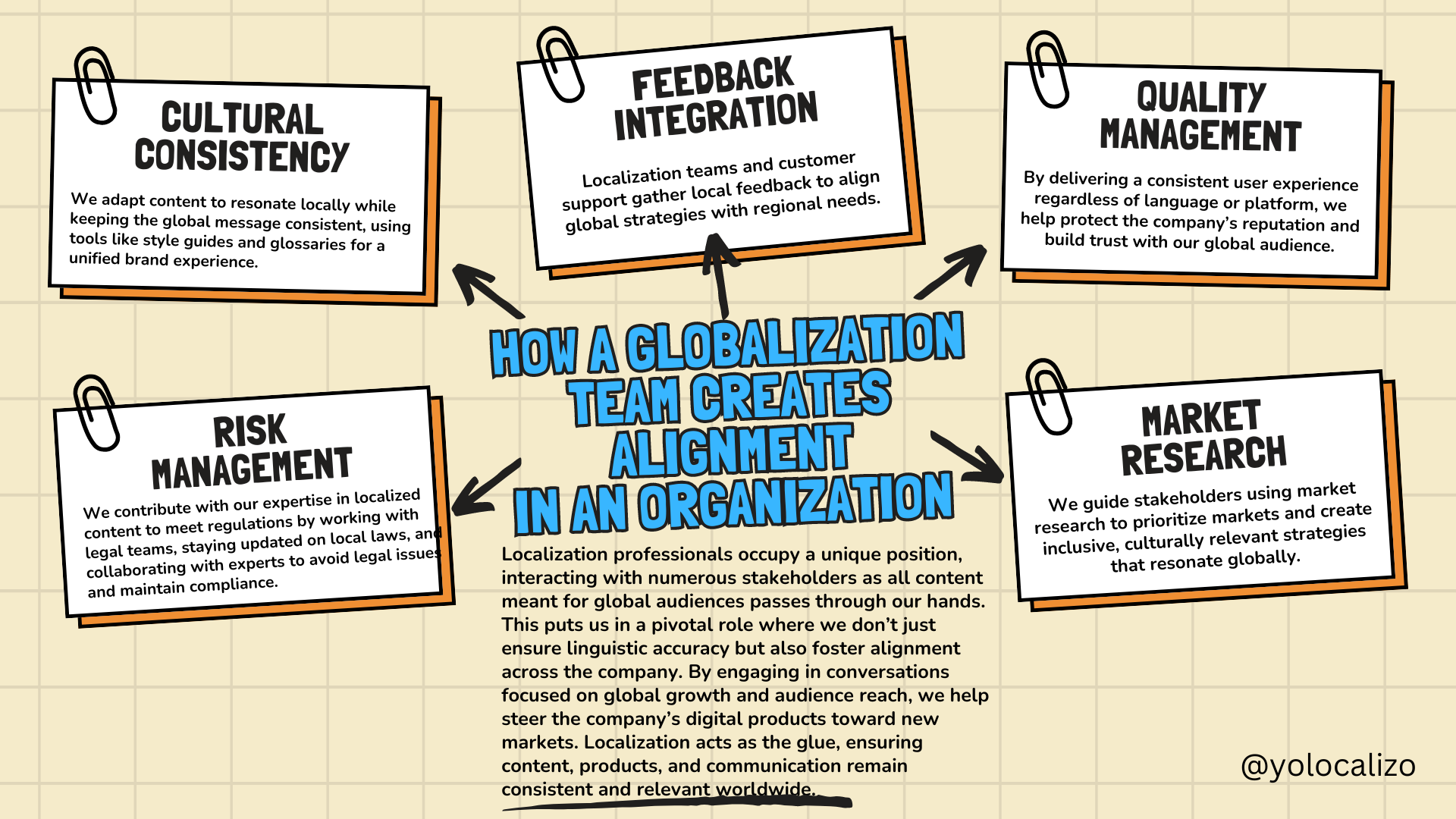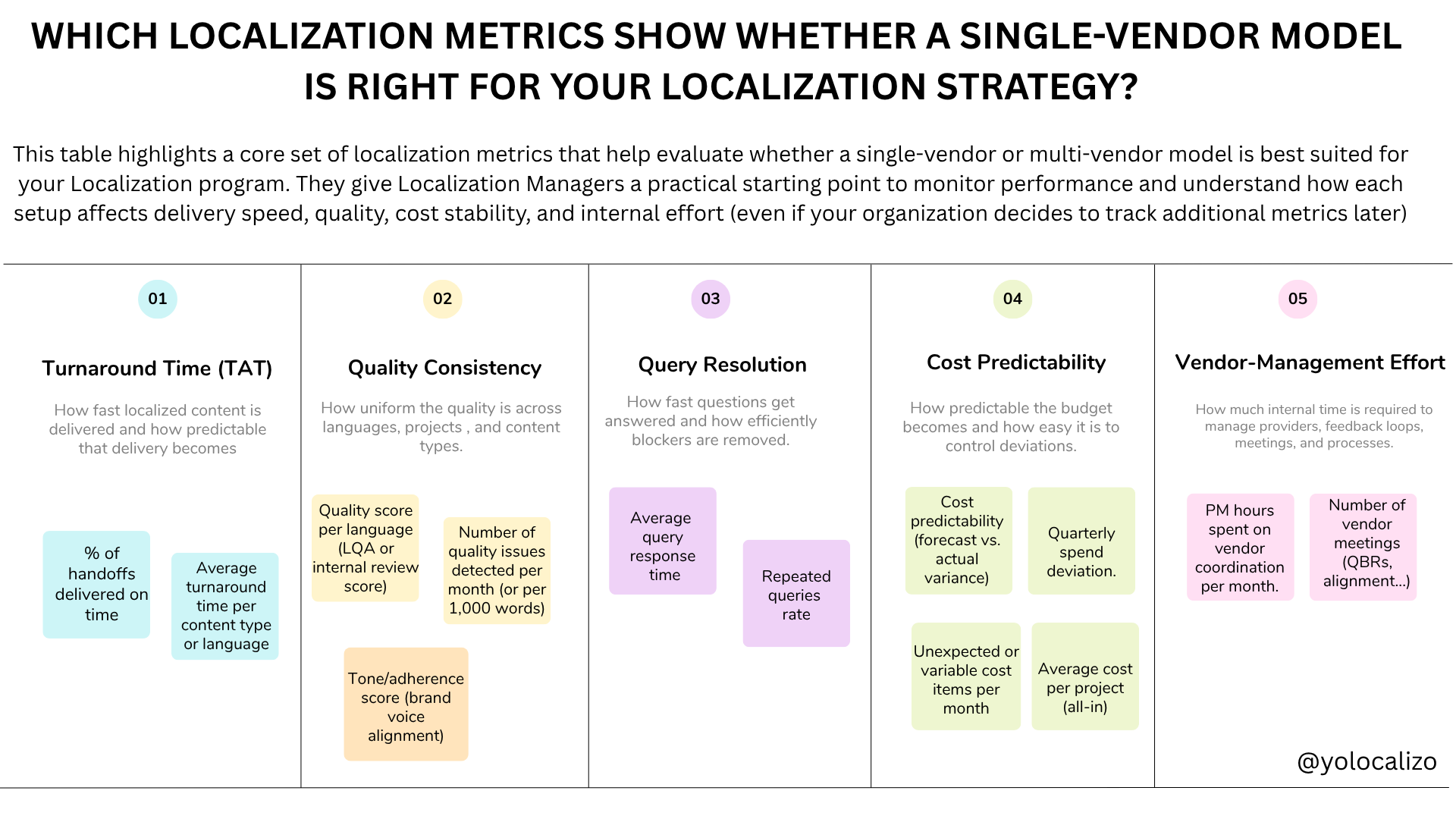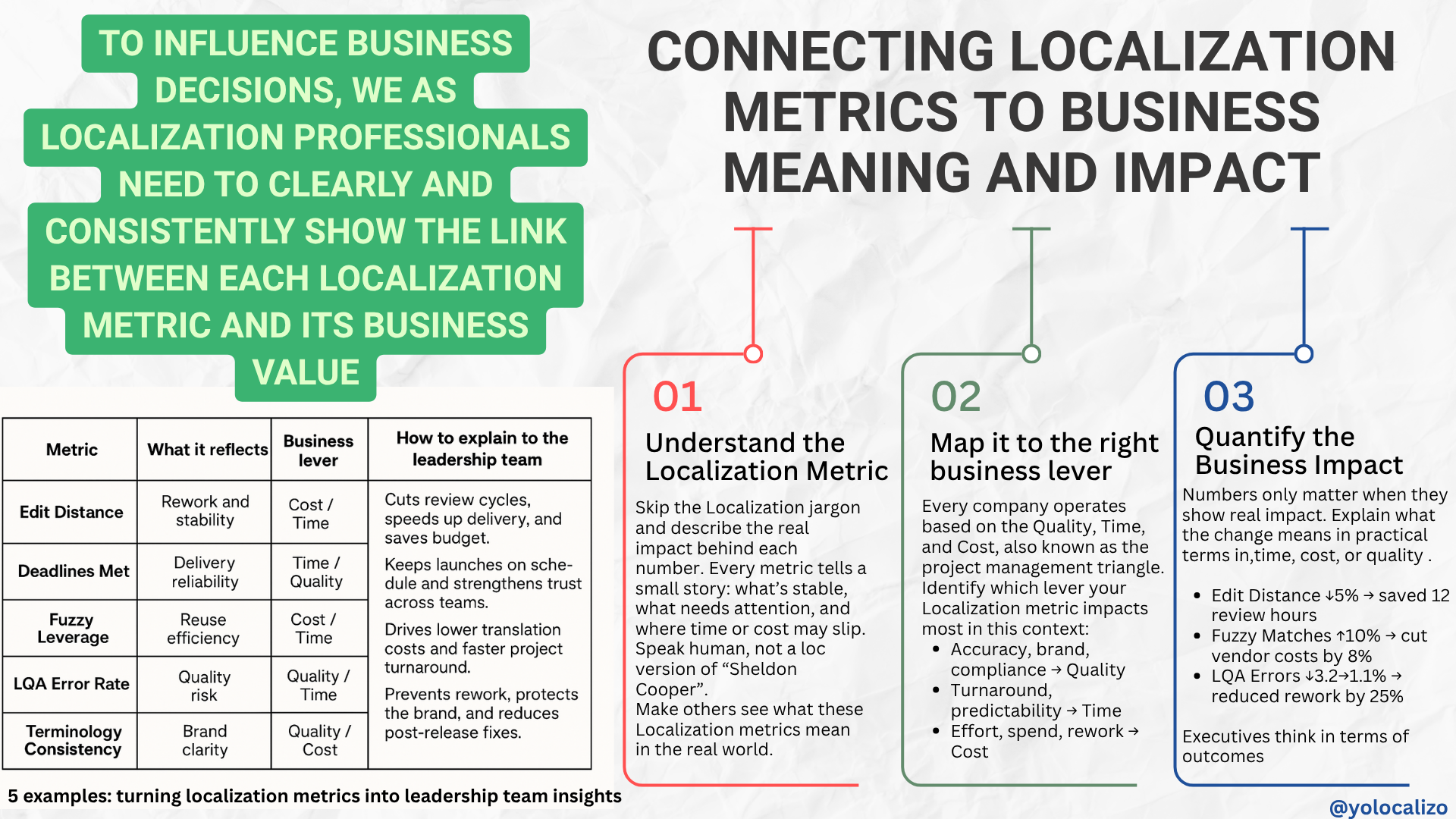But, how Localization Engineering hours are invoiced? Are they cheating me?
Source: The Guardian
For those of us who like TV shows, we are tremendously lucky; there are many great shows, there are more shows that time to watch them! but even with that paradox of choice, when I'm done with a great one, there is a gap in me ... and now what? What TV show should I get hooked on now?
Breaking Bad gave me that feeling.
During 5 wonderful and frenetic season I was totally hooked. Vince Gilligan work I liked so much that when it came out Better caul Saul I had my doubts that this show was necessary. Prequel, sequels, I do not know, my boring detector usually gets activated when I listen to the words prequel or sequel.
And with Better call Saul, I'm wrong; It is a great show! in it, we are told how Jimmy is becoming Saul, the lawyer with lax moral we see in Breaking Bad. For some reason, the other day watching a scene reminded me of a situation that I have sometimes experienced in our Localization little world ….
In it, Jimmy creates "a budget" for his "services rendered", in it he describes multiple tasks of doubtful credibility to reach a certain amount. As you hear it when he explains, it sounds unauthentic, totally fake
But in the end, he has his budget, with generic tasks, that sound like deception; and the equivalent in our industry in a budget like that might be... the hours of Localization engineering; not because they are false, not because they are not authentic, not because they are not necessary, simply because a client or someone who is not very into the world of localization rarely will understand what those hours really mean.
Source:Netflix - Better call Saul
The hours of a localization engineer are fundamental for a Globalization project to go ahead, but the ignorance of its role, often makes those budgets look like the one Jimmy creates in better call Saul to explain his dubious activities.
So my post this week focuses on explaining what we can find on an invoice that includes hours of localization engineering ... because these activities are not that it is not unauthentic, it is that they are totally and authentically necessary to get the localization project done delivering good results !!!
When we review the Localization invoice and we see there's a cost other than the translation rate x multiply by the number of words, and any PM fee added at the end, the suspicious fake detector comes in.
For this reason, first thing first, let's explain what a localization engineer does, and why we need to pay for their services!
@yolocalizo
Localization engineering tasks vary depending on the company but generally speaking a localization engineer does all the different tasks required for a translator to start working in the project. Somehow what they do through different tools and processes is to isolate the content that needs to be translated, and then put the content back again, and get it ready to deliver for clients. That isolation is not a simple task, and it can be decomposed in the following sequence of steps:
Before starting translation
Identify and analyse all files that have content to get translated, not only text files but also images containing text. It's all about getting the source files from the client and analyse.
In this phase, they can also kick off Internationalisation phase. Not sure what this involves ?? Read my post HERE where I talk about this almost impossible word to write well at first 🙂
Content formatting: quite often the format of the source files is not consistent and it can be any format, and the number of files format is almost infinite. (RC, RC2, EXE, DLL, PDFs, Word, RTF, VBS, HTML ....) Executing this pre-formating work is absolutely mandatory to create the right conditions so translators can translate later and spread their magic of building bridges towards cultures through their words ... oh! How poetic was that! 🙂
During the translation
It's all about being there, present, ready to answer translators questions. If a translator has a problem accessing the TMS or aligning the memory or s / he's having problems to format tags ... the localization engineer is there for troubleshooting. Localization engineering to the rescue !!!
•After the translation
It's all about assembling the final product! All we have done small pieces at the beginning to make life easier for our translators, all that, we have to put it back together. This is the phase of building and verification. What do we verify? basically, a localization engineer will check there are no missing tags, placeholders are where expected, not deleted markup, pair languages properly processed ...
Well, at this point of the post I hope we will understand a little better the work of a loc engineer, now let's get down to business.
How is this charged? Well, basically we have 3 scenarios
It is included in the unit Price, in the software localization rate. This is the dream of every client and the nightmare of the LSP. Unless the files come very well prepared and ready to work for translators, it is an unprofitable situation for a service provider.
Price per hour, this may be the most popular, and ultimately, the fairest. What does the price of that hour include? What I commented above. Before and after translation. It does not usually include loc engineering tasks directly done in the TMS, or troubleshooting support/assistance given to the translators. This might be covered by the final PM fee added to the invoice in the summary section
Decomposition at the microscopic level. This is the most unusual invoice to get, but for complex projects, it is necessary. If we have a project that requires, for example, to translate a website in 12 languages, this level of detail is very helpful; or if we have a project that includes translating our e-learning content to multiple languages, this level of detail is also necessary. The level of complexity in these examples is so high that the general estimation per hour may not be effective. In those situations we can see invoices with detailed concepts in different lines such as the cost of:
a. Pages per hour,
b. glossary development,
c. graphics extraction,
d. DTP,
e. cultural assessment,
f. pseudo-localization checks ...
Software localization is a more difficult task than it seems ... and if at any time it is easy... That's exactly because the localization engineers have done an excellent job preparing everything to make it look easy! ... because behind a good translation a lot of things happen, things that normally go unnoticed, and sometimes, when they do not go unnoticed and appear in an invoice, it may seem fake, unauthentic like the bill of Jimmy McGill in better call Saul.
Hope you found this post useful, either because you learn something about the tasks performed by a Loc engineer or because you got a new recommendation for a tv show to watch 🙂
Have a happy loc week everyone!
Your comments, feedback as always really appreciate! so let's keep the discussion alive by commenting below!
@yolocalizo














This feels like a pivotal moment. Localization teams are being asked to support more markets, move faster, use AI responsibly, and show impact, not just output. Expectations are higher than ever, but many teams are still trained mainly for execution. We are strong at delivering localization work, yet we often struggle to move from output to outcome and to clearly explain the impact of what we do.